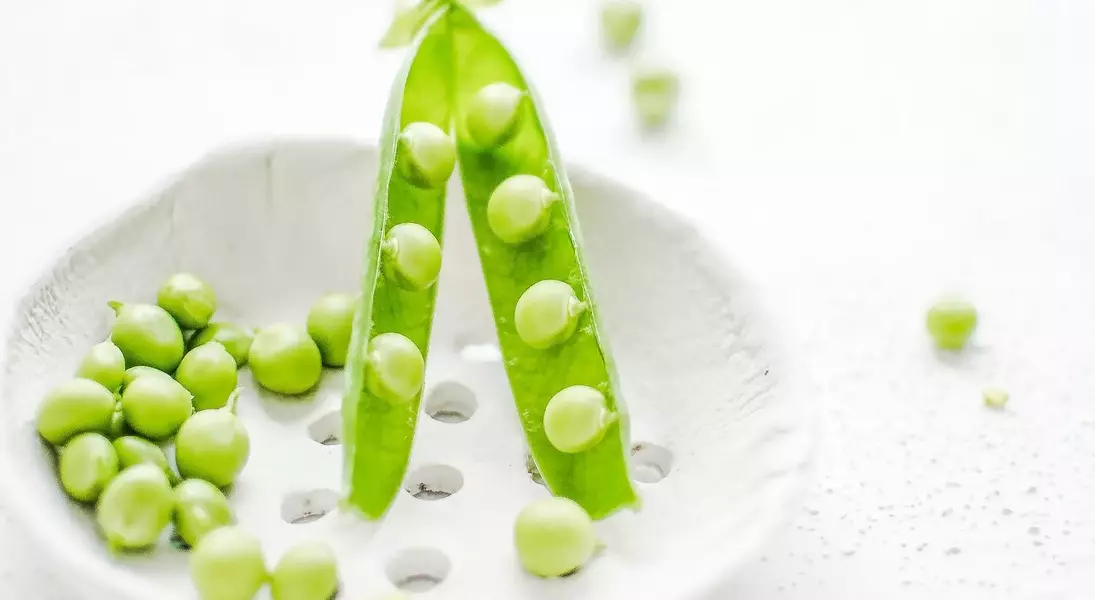
The European Investment Bank (EIB) has extended a €50 million loan to Lantmännen, a prominent Swedish agricultural cooperative, for the development of an advanced pea protein isolate production facility in Lidköping, Sweden. This state-of-the-art plant, anticipated to become operational by mid-2027, will have the capacity to process over 40,000 tonnes of peas annually, sourced from Lantmännen's farmer members. The high-grade plant-based proteins produced at this facility will cater to diverse food and beverage applications, ranging from nutritional bars and beverages to bread, dairy substitutes, and meat analogs. This venture aligns with the EU’s broader objectives of enhancing self-sufficiency in plant proteins, fostering sustainable agricultural practices, and mitigating climate change impacts.
This groundbreaking initiative marks a significant step forward in Sweden's agricultural landscape. By establishing this cutting-edge plant protein production center, Lantmännen aims to leverage locally grown legumes such as peas and field beans, which require minimal water and nutrients. These crops not only contribute to environmental sustainability but also promote biodiversity. The integration of Swedish-grown legumes into food production reduces reliance on imported soy, thereby reinforcing both Sweden's and the EU's commitment to sustainable agriculture.
Michael Sigsfors, the Chief Financial Officer of Lantmännen, expressed his satisfaction with the EIB's endorsement of their strategic investment in plant-based protein. He emphasized that this collaboration not only supports future exports and enhances profitability for farmers but also strengthens food security within the region. The financial backing provided by the EIB accounts for approximately half of the project's total investment, underscoring the importance placed on sustainable food production by European institutions.
Lantmännen's new plant protein facility represents a pivotal moment in the transition towards more sustainable and resilient food systems. By harnessing local resources and innovative technologies, the project contributes significantly to reducing the carbon footprint associated with traditional protein sources while ensuring a stable supply chain. As Europe continues its journey toward greater agricultural independence, initiatives like this one play a crucial role in shaping a greener future for generations to come.
